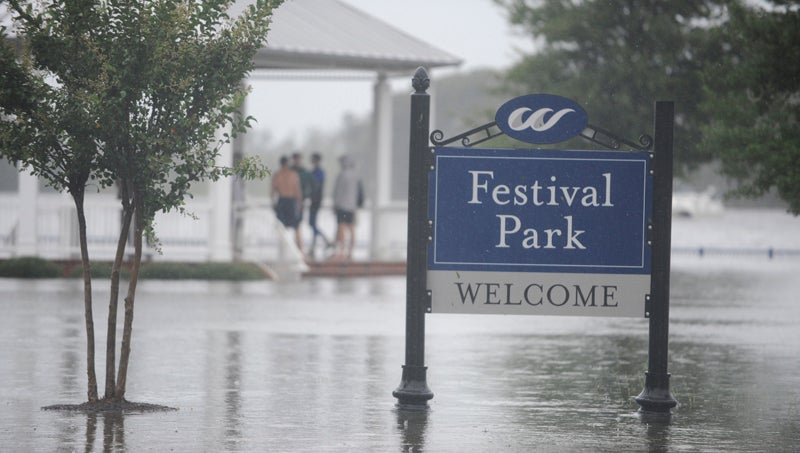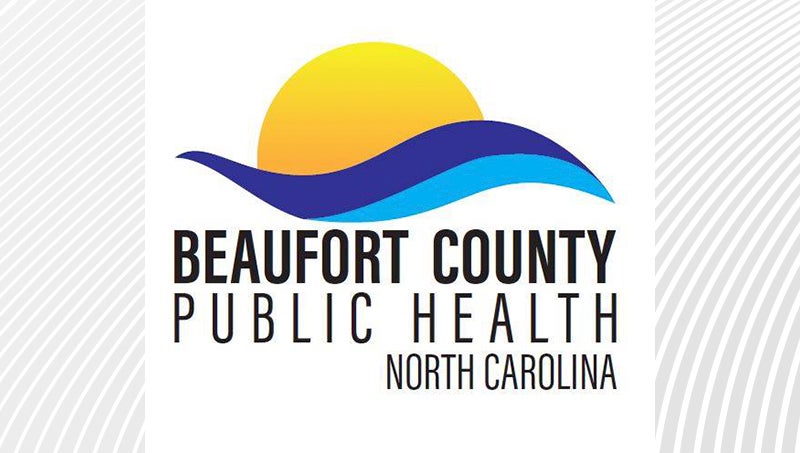Regional forum connects local governments to state, federal disaster resources
Published 6:20 pm Friday, August 30, 2019
With hurricanes and natural disasters in eastern North Carolina, it’s less a question of “if” than “when.” With this in mind, many communities, including some in Beaufort County, are taking proactive measures to help lessen the impact of these disasters before they strike, and to be more effective in their response.
Those elements of recovery and resilience were explored in detail during a regional forum hosted by the Mid-East Commission this week in Greenville. Local leaders from throughout eastern North Carolina, including some from Washington, Belhaven and Beaufort County, had the chance to connect with state and federal resources that could help communities be better prepared, without placing additional burdens on local taxpayers.
“With the mitigation aspect, instead of having it compounded and become a major issue, the funders were trying to promote the aspect of working together, sharing resources and preparing for future events,” Buck said. “As we all know, the events are becoming more frequent, almost back-to-back events in several of our communities.”
Mitigation, Buck explained, can include anything from strengthening infrastructure to revamping utility systems to make them more resistant to damage from storms. While these can be costly endeavors, a key takeaway for local officials is there are partnerships and funding opportunities available to help cut down on some of that burden.
“Many funders, state and federal funding sources, basically came in and talked about the programs they offer, some of the opportunities, dollar amounts and how they can help our member governments and jurisdictions on pulling together projects,” Buck said.
Among the agencies that offered advice and resources for local governments were the N.C. Office of Recovery and Resiliency, the U.S. Economic Development Administration, N.C. Commerce, the N.C. Division of Environmental Quality and the Golden LEAF Foundation. In their own ways, each brings something to the table that could help local governments prepare for the future.
For local leaders in Washington and Belhaven, the forum sparked a number of ideas to strengthen their respective communities.
In Washington, lessons from past storms have helped develop plans moving forward, including updates to the city’s storm water system and adding redundancies to utility systems that might keep them functional during a disaster. For staff with the City of Washington, pursuing funding from outside sources is strongly encouraged, according to Washington City Manager Jonathan Russell.
“There are a tremendous amount of resources out there,” Russell said. “I think the important thing is making sure the conduit is in place to Raleigh or (Washington) D.C. or wherever the funding agency is located. I think it’s just an educational piece that’s needed for the local area to make sure that we’re utilizing that to the fullest.”
In Belhaven, the town is working on improving its drainage in a variety of ways, from the water coming in from the river to making sure upstream waters pass through without hindrance. Town Manager Lynn Davis says she took away a better understanding of how to leverage those funding sources to potentially meet unmet needs left over from Hurricane Florence and prepare for future storms.
“The people here are very resilient and they are accustomed to weathering the storm and getting back on their feet,” Davis said. “Where I think sometimes there have been missed opportunities because people are so quick to take care of things, sometimes we miss the boat with regards to funding for things we could have done to maybe prevent bigger issues when we had storms.”
Locally, the Mid-East Commission maintains a close rapport with municipalities to help plan for and carry out these big projects. As a resource, the goal of the organization is to help local governments improve the quality of life for area residents in a variety of ways.
“Trying to match up the needs to some of the resources is one of our primary goals,” Buck said.
In addition to the Mid-East Commission, the forum was co-sponsored by the Albemarle Commission, East Carolina University and N.C. East Alliance. For more information on the Mid-East Commission and its work, visit www.mideastcom.org.






